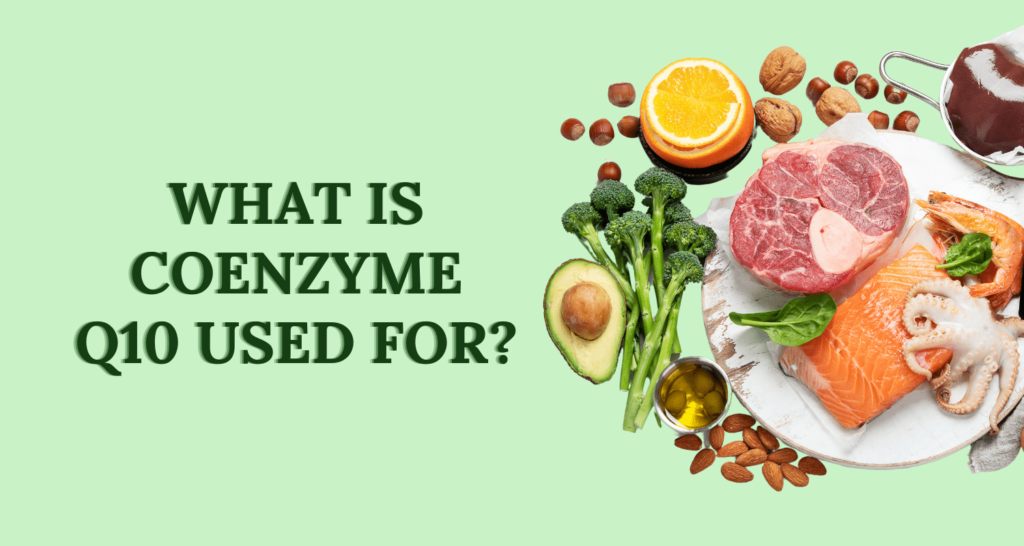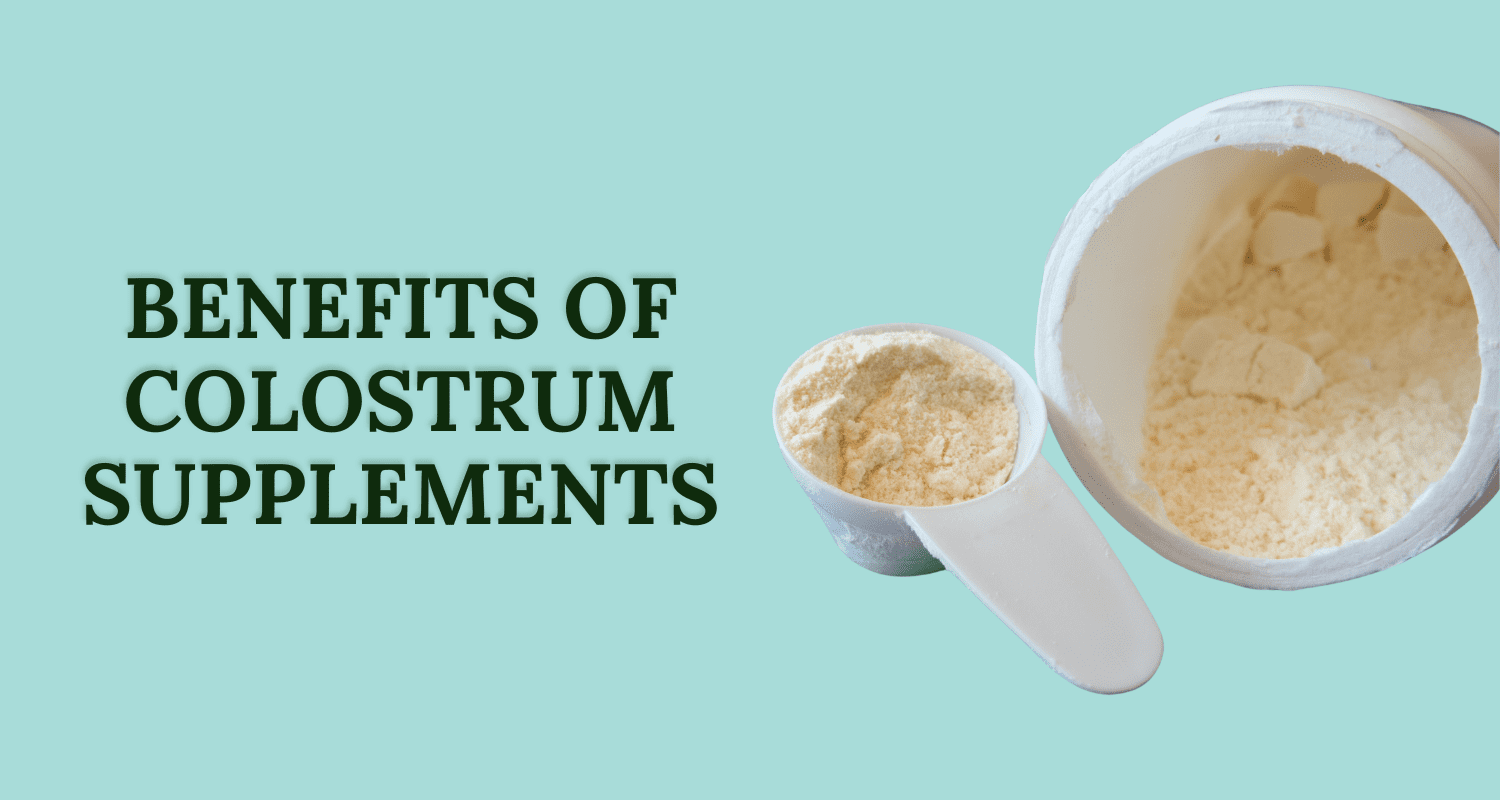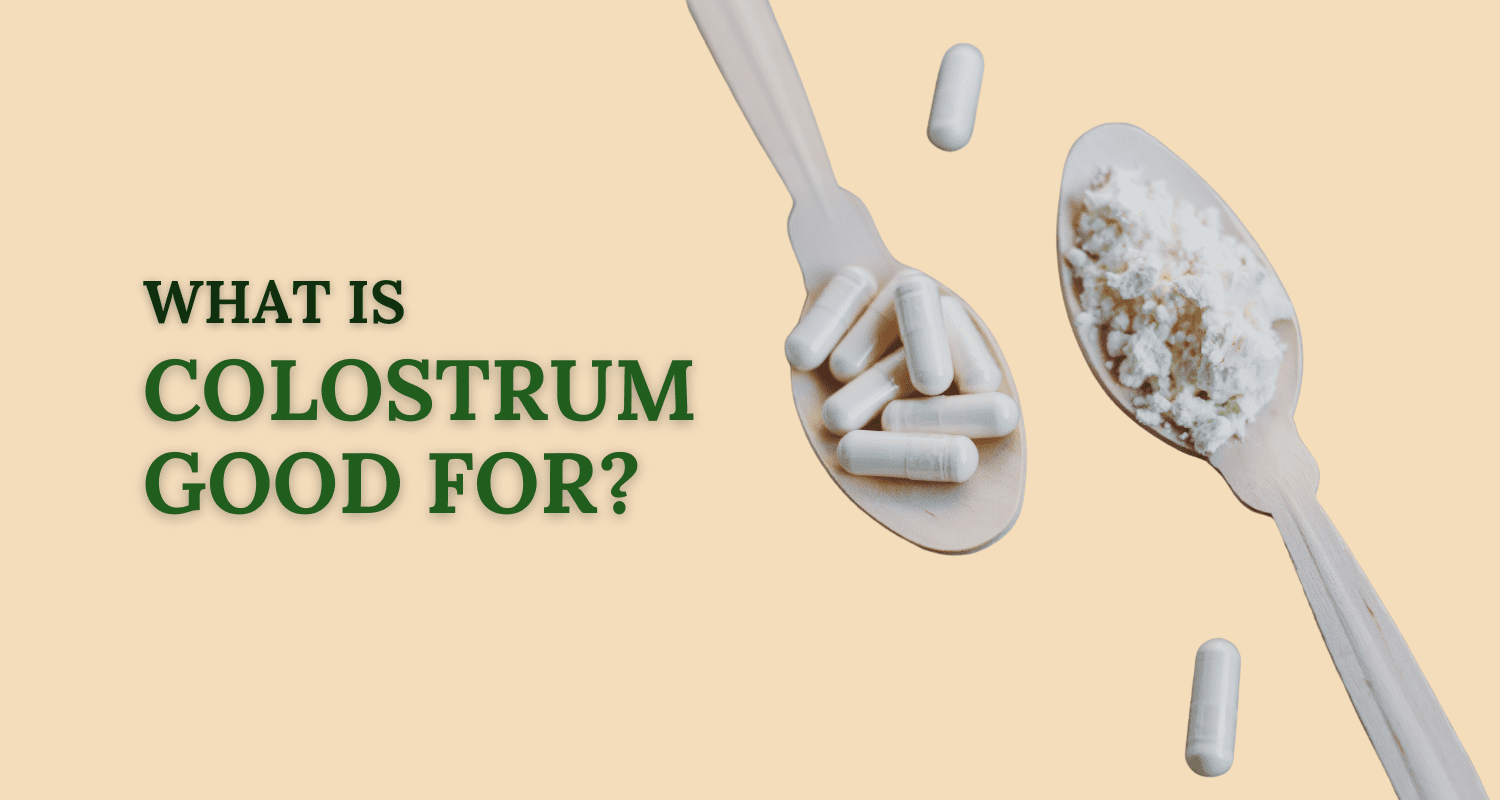Have you ever felt like your energy is running low as you age? Meet Coenzyme Q10 (CoQ10), your body’s natural energy booster that starts to decrease as time goes by. But don’t worry! This tiny helper is crucial for keeping your cells healthy and fighting off illnesses.
In this article, we’ll explore what is Coenzyme Q10 used for and how it works. You’ll learn where to find it in foods like meat, fish, and nuts, and how easy it is to take as a supplement. Get ready to say goodbye to tiredness and hello to a healthier, more energetic you!
Let’s delve into what is Coenzyme Q10 is used for.
Key Takeaways:
- Coenzyme Q10 (CoQ10) levels drop as we get older.
- It’s in foods like meat, fish, and nuts.
- But, you might need supplements to get enough CoQ10 for a real boost.
- You can find CoQ10 supplements in many forms.
- What is Coenzyme Q10 is used for? Studies suggest CoQ10 might help heart problems and lower blood pressure. It could also help with other health issues.
Coenzyme Q10 for Heart Health
Coenzyme Q10 (CoQ10) is a natural antioxidant our bodies make. It’s vital for cell growth and upkeep. But our CoQ10 levels drop as we get older. They’re also low in people with heart troubles and those using statins.
Getting CoQ10 from foods like meat, fish, and nuts is not enough. So, CoQ10 supplements are important. They come as capsules, chewables, or syrups.
Studies show that CoQ10 is good for the heart. It may help with congestive heart failure by improving how the heart pumps blood. Also, taking CoQ10 could lower blood pressure, which is good for the heart.
For folks having heart surgeries, CoQ10 might help speed up healing. This leads to better surgery results.
CoQ10 might also lower bad cholesterol (LDL) and overall cholesterol in those with diabetes. This benefits their heart health.
No high CoQ10 doses seem to help in Parkinson‘s. But it could reduce muscle pain from taking statins.
It might lower migraine rates, but how it impacts physical activity varies.
CoQ10 supplements are usually safe, with few side effects. Always talk to your doctor before starting them, though. Some people might experience mild issues like stomach problems or sleep troubles.
CoQ10 could alter the effects of blood thinners like warfarin. So, tell your doctor if you take any medication.
Using CoQ10 when pregnant or nursing is uncertain. So, it’s wise to be cautious and get doctor’s advice.
In summary, CoQ10 looks promising for heart health. It could help with heart failure, lower blood pressure, and improve surgery outcomes. But, you should always ask a doctor before using it. They can help you figure out the best dose and if it’s right for you.
Coenzyme Q10 for Energy Boost
Coenzyme Q10, or CoQ10, is vital for energy production in our bodies. It helps make ATP, which is the main source of energy for our cells.
As we get older, our CoQ10 levels drop. This can make us feel less energized and reduce our overall well-being. Adding CoQ10 supplements can boost energy levels by topping up this important compound in our bodies.
Studies show CoQ10 might help you perform better physically. It works by making energy conversion in your body more efficient. This could mean more stamina, less tiredness, and better exercise endurance.
Still, not all studies agree on CoQ10’s energy-boosting effects. However, some people do feel more energetic and healthier when they take CoQ10.
Coenzyme Q10 Sources and Supplementation
Meat, fish, and nuts have some CoQ10. Yet, these may not be enough to increase your body’s levels significantly. So, many choose CoQ10 supplements to make sure they get what they need.
CoQ10 supplements are either ubiquinol or ubiquinone. Ubiquinol is better because our bodies use it more easily. Ubiquinone turns into ubiquinol once we take it, so it’s still useful.
The best amount of CoQ10 to take depends on your health goals. Doses can range from 30 to 600 mg daily. Always talk to a healthcare professional to know the best dose for you.
Generally, CoQ10 supplements are safe and have few side effects. But, it’s wise to talk to your doctor before adding it, especially if you’re unwell or on other medications.
The Role of Coenzyme Q10 in Energy Boost
CoQ10 is key for making energy in our cells. By helping make ATP, it ensures our cells perform as they should. Taking CoQ10 might boost your energy, performance, and vitality.
- CoQ10 helps make ATP, which our cells need for energy.
- Taking CoQ10 might make you perform better by improving mitochondrial function and cutting down on fatigue.
- Results about CoQ10’s boost on energy are not all the same. But, some people do notice a difference in their energy and overall health when taking CoQ10.
If you want to improve how you perform physically or fight energy drop as you age, CoQ10 could help. But, always speak with a healthcare provider before taking it to ensure what is coenzyme q10 used for and that it’s right for you.
Coenzyme Q10 for Mitochondrial Disorders
Coenzyme Q10, or CoQ10, is being studied as a treatment for people with mitochondrial respiratory chain (MRC) disorders. These conditions affect the mitochondria, causing different symptoms. CoQ10 helps move electrons in the MRC and acts as a powerful antioxidant.
Studies have found that CoQ10 is key for those with CoQ10 biosynthesis pathway defects. Even if the issue isn’t a lack of CoQ10, it still might help. This is because CoQ10 and similar substances seem to help the MRC work better and improve antioxidant levels in the mitochondria.
What is coenzyme q10 used for? Using Coenzyme Q10 supplements could help ease symptoms in those with a primary CoQ10 deficiency. People are also looking into how CoQ10 could help with aging and certain diseases. It may offer a way around actual CoQ10 deficiencies in humans.
Clinical Applications and Continuing Research
CoQ10 might protect against liver damage from acute phosphine poisoning. It’s also being looked at for its effects on obesity-related heart issues and diabetes impact on the heart. Researchers are also exploring its use in fighting fatigue after viral infections.
Scientists are publishing lots of data on CoQ10’s use in mitochondrial disorders. They’re sharing numbers on how well it works, comparing it to other treatments, and much more.
Clinical Improvement and Future Considerations
For those with primary CoQ10 deficiency, taking CoQ10 by mouth can help. But brain symptoms might not get better as muscle problems do.
The more we learn, the more chances we have to help with Coenzyme Q10. New treatments could really make a difference for patients.
Coenzyme Q10 for Sudden Sensorineural Hearing Loss
A study found that adding coenzyme Q10 to steroid therapy helps with sudden sensorineural hearing loss. This kind of hearing loss happens fast and for unknown reasons. It can really affect how someone lives their life.
Coenzyme Q10 works well for this because it’s an antioxidant. It fights oxidative stress, which is tied to hearing loss. This means it can potentially improve how well someone hears if they have this condition.
Benefits of Coenzyme Q10 in Hearing Loss:
- Using coenzyme Q10 with steroids has shown better results in treating this hearing loss.
- The antioxidant features of coenzyme Q10 might guard the inner ear from oxidative stress.
- Studies hint that using coenzyme Q10 might help lessen hearing loss signs, especially with doses over 160 milligrams a day.
While coenzyme Q10 seems to help with this type of hearing loss, remember that everyone may not see the same benefit. It’s vital to talk to a doctor before trying any new pills or treatments.
Coenzyme Q10 as an Antioxidant
Coenzyme Q10 or CoQ10 is key for making energy and fending off harm as an antioxidant. It shields our cells from damage caused by free radicals. If our body’s defense against these free radicals fails, oxidative stress sets in. This stress is behind chronic illnesses like heart disease and cancer.
As we grow older, our CoQ10 levels drop, increasing this oxidative stress risk. People with heart issues or on statins often have even lower CoQ10. This makes them more vulnerable to harm.
The bright side is that CoQ10 supplements can fight against this oxidative stress. They bring about many health perks. Studies show they can aid in heart failure symptoms, lower blood pressure, and even decrease bad cholesterol in those with diabetes.
Moreover, CoQ10 can tend to specific health woes. It’s been found to ease muscle pain from statins and might reduce migraine rates. This is welcome news for those plagued by these severe headaches.
Coenzyme Q10 Supplements and Safety
Taking CoQ10 in the right doses is safe. It comes in varied forms, like capsules or chewable tablets. This makes it easy to include in your health routine.
While mostly safe, a few users might face mild stomach issues. If you’re on blood thinners like warfarin, talk to your doctor first. CoQ10 could change how these drugs work.
For pregnant or nursing women, using CoQ10 might not be safe. It’s best to be cautious during these crucial times.
Research and Future Directions
Scientists are still uncovering CoQ10’s role in heart and metabolic health for diabetics. They are also looking at its use in brain diseases. This research could bring new hope to many.
There’s also interest in CoQ10 combined with statins. This could lead to better results for patients using both.
In all, Coenzyme Q10 shows strong potential in health. It might be what many need. Yet, talking to a doctor before trying it is always a good idea. This way, you know if it’s right for you.
Coenzyme Q10 for Diabetes
Research shows Coenzyme Q10 (CoQ10) might help those with diabetes. It targets various health areas, including cholesterol. For those with diabetes, managing cholesterol is crucial to lower heart disease risks.
A study looked at CoQ10’s effect on diabetic patients’ cholesterol levels. It found that CoQ10 can help lower these levels and reduce heart disease risk. This means CoQ10 could be useful for diabetes patients’ heart health.
CoQ10 is also explored for its impact on insulin sensitivity and managing blood sugar. Trials found that taking CoQ10 can improve blood pressure and how the body handles sugar in type 2 diabetes patients.
Moreover, CoQ10 seems to help with antioxidant and anti-inflammatory levels in those with coronary artery disease. This is a common issue for people with diabetes. It hints that CoQ10 might help fight heart problems related to diabetes.
Even though studies are promising, more research on Coenzyme Q10 is necessary. This will give us a clearer view of its benefits and how best to use it.
Before trying CoQ10 or any supplement, talking to a doctor is key. They can offer advice tailored to your health, medical history, and treatment plan.
Coenzyme Q10 and Statin-Induced Myopathy
Statin medications are often used to lower cholesterol and heart disease risk. Yet, some people facing muscle weakness and pain due to statins can get statin-induced myopathy. Studies examine if Coenzyme Q10 (CoQ10) can help with these symptoms.
Banach et al. did a big review of studies. They found that CoQ10 doesn’t do much for statin-induced myopathy symptoms, like muscle pain or CK activity. However, results might differ for each person.
Michalska-Kasiczak et al. looked at vitamin D levels in those with and without myalgia from statins. It involved 2420 patients but didn’t focus on CoQ10.
Yet, other research points to CoQ10 possibly helping with statin-induced myopathy. Marcoff and Thompson’s review and Taylor et al.‘s trial show some benefits of CoQ10 for these symptoms.
More studies are necessary. They aim to understand the link between CoQ10 and statin-induced myopathy better. It’s always a good idea to talk to your doctor before trying new supplements or changing your treatment plan.
Coenzyme Q10 for Parkinson’s Disease
New studies show Coenzyme Q10 (CoQ10) might not help Parkinson’s symptoms. But it’s known for fighting off harmful molecules and plays a big part in cell energy. This has made people wonder if it could still help with Parkinson’s.
More than a million people in the U.S. have Parkinson’s disease. It brings symptoms like shaking, being stiff, and finding it hard to move. Right now, there’s no cure. But scientists are looking at different treatments, like CoQ10.
Coenzyme Q10 Dosage and Clinical Trials
A study found that taking CoQ10, at doses up to 1200 mg a day, was safe for those with early Parkinson’s. They also checked if it helped reduce Parkinson’s symptoms. CoQ10 levels in blood were tested too. Some people did see a small betterment in their symptoms, but not all studies agree.
But, even with these results, it’s important to remember that CoQ10’s real effect on Parkinson’s might still be up for debate. Different studies have brought mixed answers. Some say it could slow down the disease, while others didn’t see much change.
The Role of Coenzyme Q10 in Parkinson’s Disease
A link has been found between low CoQ10 levels in the blood and having Parkinson’s. This suggests there might be a clear connection. Also, signs of stress from harmful molecules were higher in people with Parkinson’s. This shows how stress might play a big role in the disease.
The normal balance of CoQ10 in blood cells seems off for those with Parkinson’s. This change might mean their bodies are finding it hard to fight off harmful molecules. Also, the amount of CoQ10 that’s used up in fighting off those molecules goes up in the brain fluid of Parkinson’s patients.
Conclusion
What is coenzyme q10 used for? CoQ10, or Coenzyme Q10, is a strong antioxidant critical for our health. Our body makes it naturally and we can also get it from supplements. It’s really good for our heart, supporting it and helping with conditions like heart failure.
This antioxidant is not just for our hearts, though. It helps make energy too. So, it’s great for anyone wanting to feel more energetic.
Scientists keep looking into what is coenzyme q10 used for and how CoQ10 can help us. They’re studying its effects on bad diseases like Parkinson’s and diabetes. And, the results look pretty good so far.
Thinking about taking CoQ10? It’s a good idea to talk to a doctor first. They can give advice personalized just for you. And they’ll make sure it’s safe, depending on your health.
Overall, what is coenzyme q10 used for, CoQ10 is a great part of keeping our hearts strong and our bodies filled with energy. As we learn more, it keeps offering new ways to help improve our health.
FAQs
What is coenzyme q10 used for?
Coenzyme Q10 is used to support heart health, boost energy levels, and act as an antioxidant in the body.
What are the benefits of taking CoQ10?
Taking CoQ10 can help improve heart function, increase energy production, and protect cells from oxidative damage.
Who needs to take CoQ10?
Individuals with heart conditions, those on certain medications like statins, and people over 50 may benefit from taking CoQ10 supplements.
Is it safe to take CoQ10 everyday?
For most people, taking CoQ10 daily is safe, but it’s important to consult with a healthcare professional, especially if you have any underlying health conditions or are on medication.
What are the symptoms of needing CoQ10?
Symptoms of low CoQ10 levels may include fatigue, muscle weakness, high blood pressure, and poor memory.
What age is CoQ10 good for?
CoQ10 supplements can be beneficial for adults of all ages, particularly those experiencing age-related decline in energy levels or heart health.
Why do doctors recommend CoQ10?
Doctors often recommend CoQ10 for its role in supporting heart health, energy production, and its antioxidant properties, especially for individuals with heart conditions or those taking statin medications.
Disclaimer: This content, including advice, provides generic information only. It is not a substitute for a qualified medical opinion. Always consult a specialist or your doctor for more information. Nutrition Cult does not claim responsibility for this information.




